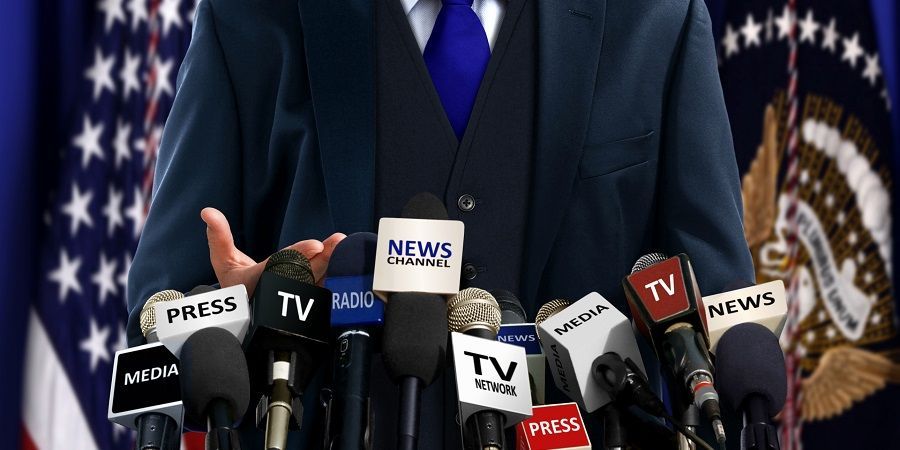Firms Wary of Accepting Credit Cards
As distrust among banks spreads to retailers and consumers, signs are mounting that a worsening of the financial crisis could dampen businesses' willingness to accept credit and debit cards. In the wake of the 1998 collapse, nearly all of the coun.

In the wake of the 1998 collapse, nearly all of the country's banks and retailers stopped accepting credit and debit cards. And even as the current liquidity crunch has put mortgages and car loans beyond most consumers' reach, market players say rising reluctance to accept cards is not the onset of a wider problem.
In several parts of Moscow, some of Sberbank's automated teller machines recently appeared to have been reprogrammed to reject cash requests on cards issued by other banks. Several ATMs in the southwest refused to give cash advances on credit cards or allow withdrawals from two debit cards issued by three other banks, displaying a yellow message saying the bank no longer processed those cards.
An executive at Sberbank, who requested anonymity in line with bank policy, said he suspected that the issuing banks might have taken measures to prevent withdrawals. He said Sberbank had nothing to do with the restrictions.
On a recent visit to the Khodzha Nasreddin v Khive restaurant on Ulitsa Pokrovka, a waitress clad in traditional Uzbek floral dress said diners now needed to pay in cash.
"Over the past couple of weeks, we've had problems getting back payments made through credit cards from the banks," said Fatma, who withheld her surname because she was not authorized to speak to the media.
"I think it's more practical if our guests settle in cash. We spare both ourselves and the guests an extra headache that way."
Yury Topolov, vice president for credit card management at Citibank in Moscow, said that if the financial crisis deepened, banks would simply run out of funds to prop up credit reserves or settle their client's accounts.
"Banks may also have to curtail the volume of credit given as well as the credit limits imposed, and this would create a second-tier crisis of confidence between the banks and their cardholders," he said.
Russian consumers spend around 30 percent more when using credit cards, Topolov said, meaning that retailers have a strong incentive to continue accepting them.
Nadezhda Mikheyeva, a spokeswoman for Eldorado, said the electronics chain had no plans to change its credit card policy, a sentiment voiced by several other retailers.
But while credit cards' popularity has grown in recent years, a tradition of distrust toward financial institutions has prevented them from gaining wider acceptance.
Oleg Tishikov, commercial director of the credit card clearing house United Clearing System, said limited use of cards could help the system continue to function. "Unlike in Europe, our people use credit cards for only about 20 percent of withdrawals and payments," he said.
"Only a small group of elite use credit cards in Russia," said Sergei Grigoryan, a senior analyst for the Association of Russian Banks. "There's a religious adherence to wads of cash here."
Federal protection of deposits of up to 700,000 rubles ($26,200) would be "more than enough to cushion any turbulence ... that could affect the use of credit cards," a source at VISA International, the dominant credit card association in Russia, said on condition of anonymity, citing company policy.
Nevertheless, a worsening of the credit market or additional bank failures could spell trouble for buyers who prefer to swipe and sign.
"Our banks are bearing the bulk of the burden of the global financial turmoil," said Alexander Surikov, an adviser to the president of the Association of Russian Banks.
"It's evident that there are problems in the system, including with credit card financing, but this is something of a commercial secret that banks don't like discussed."













